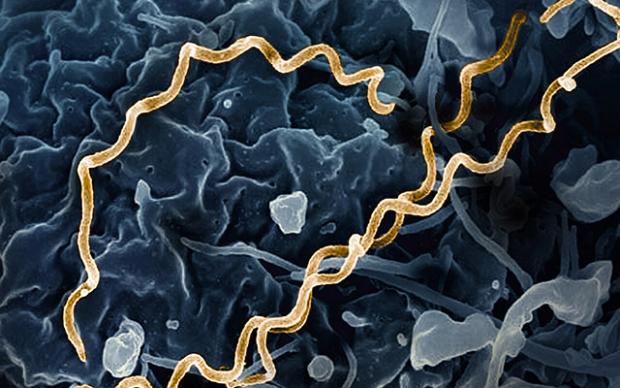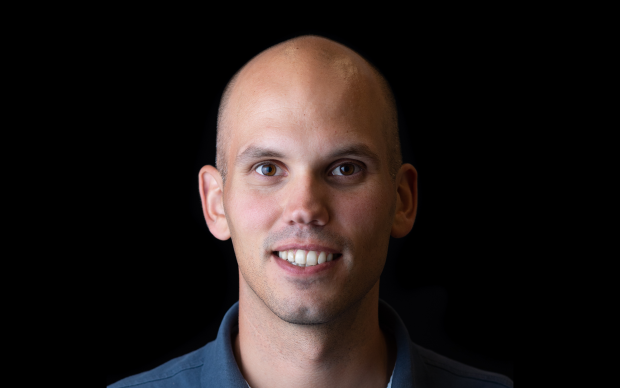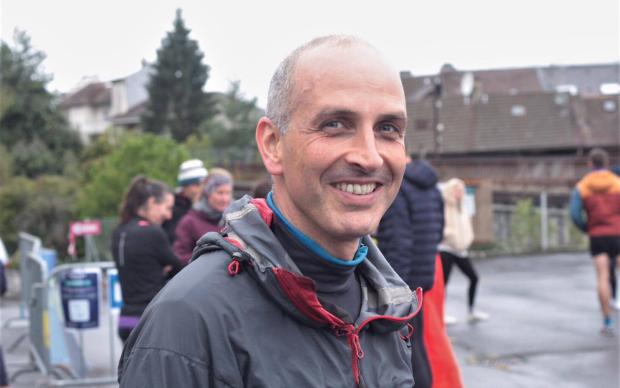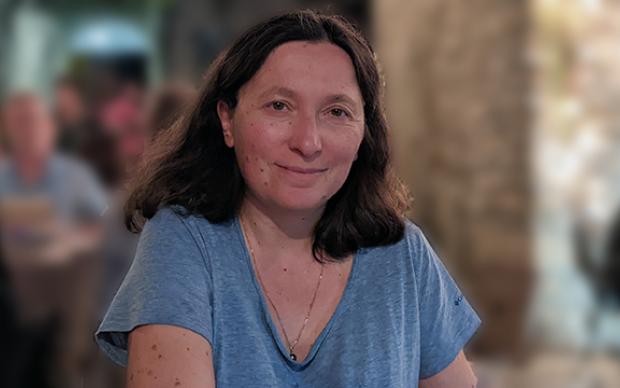“I particularly appreciate the freedom, trust, support and humaneness that SIB fosters among its employees.” Meet Florence Mehl, Computational Biologist at SIB, who tells us about her love for statistics, her involvement in international research projects and internal initiatives such as the Staff Committee – and how SIB’s culture supports her everyday work.
Tell us a bit about your career path.
I am a trained chemist with a Master's degree in analytical chemistry and a PhD in organic chemistry from Aix-Marseille University, completed in 2010.
During my Master's, I fell in love with PCA (principal component analysis) – a statistical procedure to simplify complex data by boiling them down to their most important features. Later, I had the opportunity to join a laboratory focused on analytical chemistry and chemometrics, allowing me to delve deeper into the entire PCA family of techniques.
In 2011, I joined the pharmaceutical school at Geneva’s University where I could improve my data analysis knowledge in the plant and biomedical fields. Motivated to further develop my programming skills, I then joined the Vital-IT Computational Biology team at SIB and collaborated with the metabolomics platform at the University of Lausanne. After three years, I eventually transitioned to working exclusively at Vital-IT, developing methodologies on multiomics data integration.
What do you most enjoy about working as a computational biologist at SIB?
I enjoy being surrounded by all these smart and kind people with different backgrounds. It is stimulating to see my ideas met with enthusiasm and brought to life thanks to the complementary expertise present in the Vital-IT team. I am grateful for the freedom to contribute my creative thoughts to a variety of research projects that allows me to explore my interests and develop my professional network.
Do you have an example of a project you are particularly proud of?
My participation in the QUID-NASH research programme, for instance, is a good example. It is a collaboration among many public and private partners. Our aim was to better understand the biological mechanisms of non-alcoholic steatohepatitis (NASH) – a condition in which the liver builds up excessive fat deposits – in patients with type 2 diabetes. My role included integrating multiomics data in preclinical and clinical models, managing the project's central database, and facilitating communication among researchers and clinicians. This experience was the first project where I took more responsibilities in terms of management, and I learned a lot from it. It was not always easy, but it was very exciting. Additionally, I had the opportunity to work with SIB’s IT and Legal teams, which was very interesting and efficient.
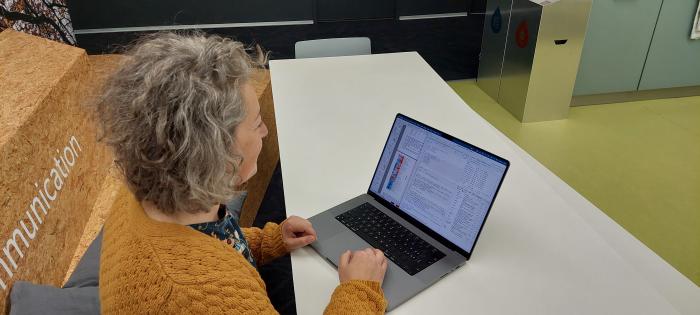
You actively participate in the SIB Staff Committee. Could you share how this role enriches your work experience and what it involves for you?
Being part of the Staff Committee allows me to connect with different people from various groups, each bringing their own backgrounds and professional roles. I have gained a better understanding of the structure of SIB, how it is organized, and governed. It also offers me a valuable opportunity to represent the viewpoint of a scientist in the topics discussed and, conversely, to better understand the perspective of other functions.
In addition to learning a lot in terms of communication, my involvement in initiatives such as the employee satisfaction survey has been particularly enlightening. Collaborating with SIB’s People and Culture team to convert the feedback into concrete actions (e.g. Learn@lunch sessions, unconscious bias training for managers) has been rewarding.
What do you particularly like at SIB?
I particularly appreciate the freedom, trust, support and humaneness that SIB fosters among its employees. Additionally, the focus on scientific integrity and the high level of expertise within the organization are truly remarkable. Another aspect that stands out is the opportunity of being involved in many different projects with a variety of scientists from across the world.
What is SIB doing particularly well to promote women in scientific careers?
I appreciate the flexibility in my working time, for instance, allowing me to effectively balance my professional commitments with family responsibilities. Such flexibility contributes to creating an inclusive and respectful culture, which in turn enables me to primarily feel as a scientist in my everyday work. To me this is a very positive thing – to feel respected and appreciated independently of one’s gender or other identity aspects.


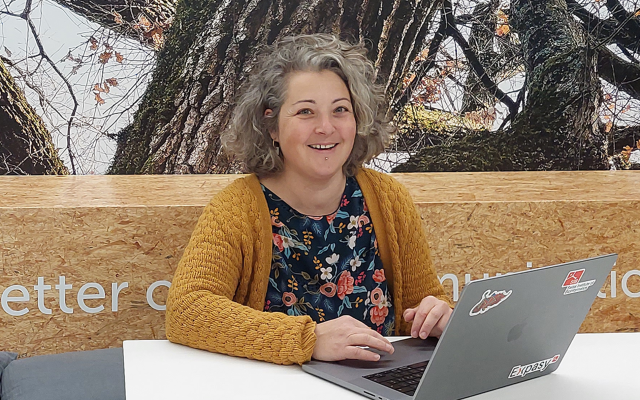
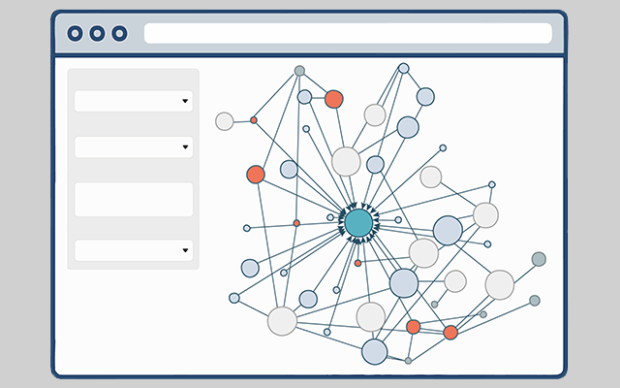
![Peer Bork giving a talk at the [BC]2 Basel Computational Biology Conference](/sites/default/files/styles/card_image/public/2026-01/Peer-Bork_banner.jpg?h=602a36b5&itok=KM0WZZWK)
